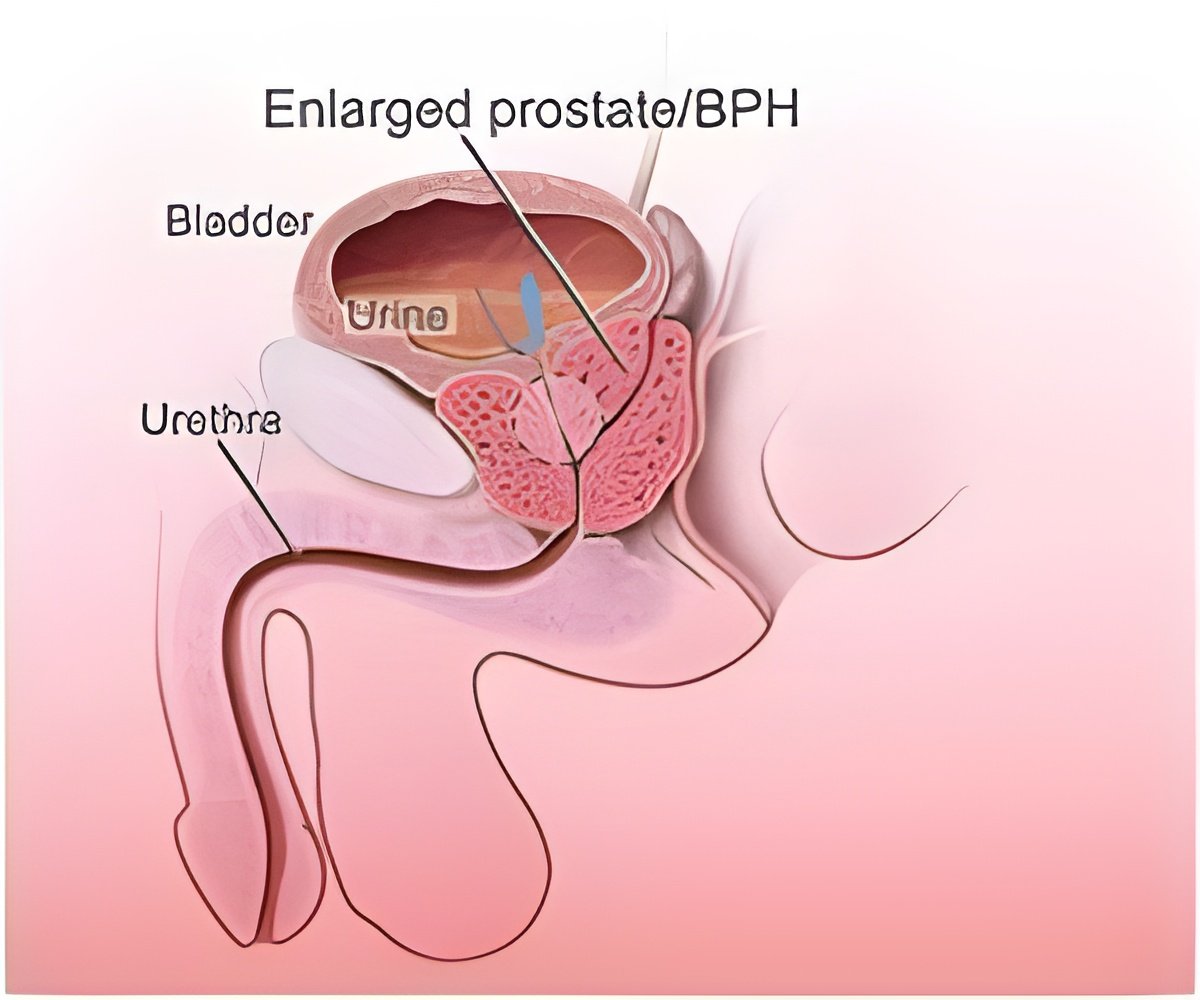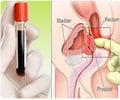Vasectomies are a long-term approach to birth control that involves cutting, sealing or blocking the tubes that sperm move along.

TOP INSIGHT
About 10% of middle-age men in the United States have had a vasectomy and the procedure need not be discouraged if it poses no risk.
The prostate gland is in close proximity to these tubes, located behind them and involved in adding fluids to semen when needed.
Earlier studies have shown that there is a link between prostate cancer and vasectomy but the recent study considers a larger population size. "The strength of this study is the size of the cohort" with fatal prostate cancer, said Dr. Charlotte Bevan, professor of cancer biology at Imperial College London, who was not involved in the research.
Researchers at the American Cancer Society analyzed data from more than 363,000 men -- including 42,000 known to have undergone a vasectomy -- who were participants of the broader ongoing Cancer Prevention Study II, which began in 1982.
All the men were older than 40, the typical age range for men contemplating, and having, a vasectomy. About 7,400 participants died of prostate cancer over the 30-year period of the study.
About 10% of middle-age men in the United States have had a vasectomy, said Jacobs. The team hopes the findings alleviate any concerns among men contemplating the procedure.
 MEDINDIA
MEDINDIA




 Email
Email





![Prostate Specific Antigen [PSA] Prostate Specific Antigen [PSA]](https://www.medindia.net/images/common/patientinfo/120_100/prostate-specific-antigen.jpg)




